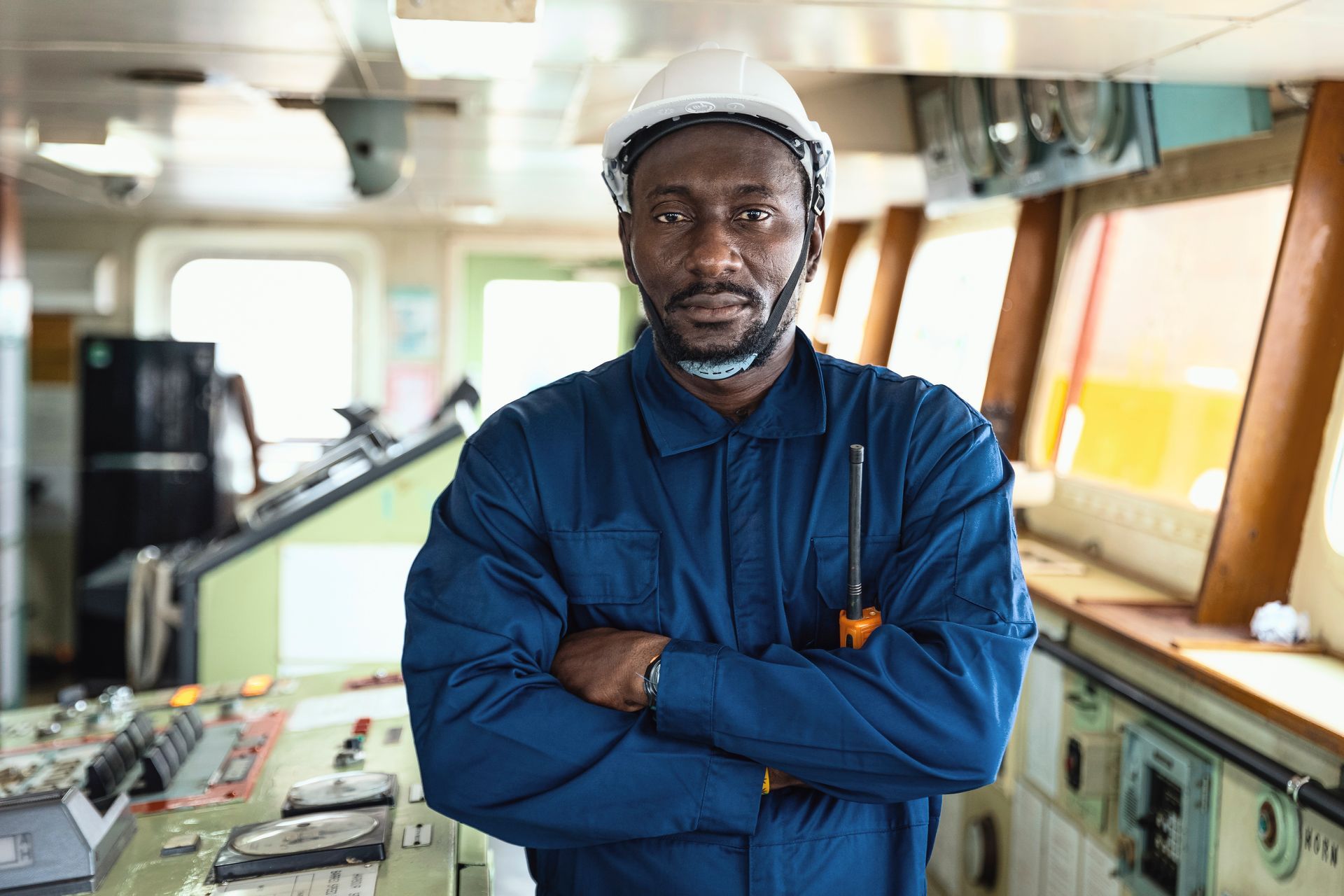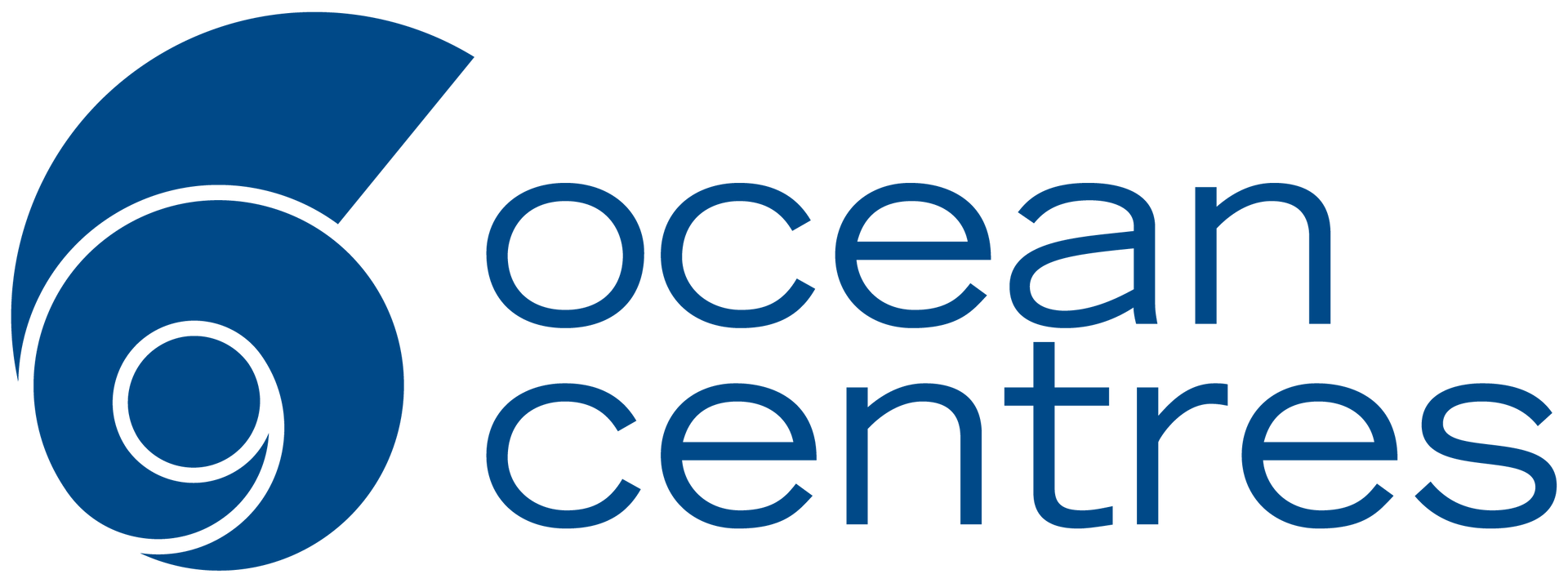shipping & ports
Seven countries hosting Ocean Centres are playing a vital role in global transit of food, energy and goods. Working at sea remains one of the most dangerous occupations, making the safety of those providing services at sea paramount. Addressing challenges like decarbonisation, digitalisation, and climate change impacts is crucial for the maritime sector. These lead to new requirements and pressures on infrastructure and workforce in shipping, ports and harbours. In turn, this may create safety risks particularly in the emerging economies of the Global South where appropriate standards and skills are needed to keep up with the rapid growth of the blue economy.



Each of the countries in the network of seven Ocean Centres has its own challenges and opportunities when it comes to shipping and ports. As the Centres carry out their work, they will be doing more detailed scoping through multi-stakeholder dialogue on their particular needs in this sector. Whether that is challenges related to port infrastructure, shipyards or training on board carriers and tankers, Ocean Centres will use collective dialogue to identify solutions. Ocean Centres follow locally-led principles where stakeholders in countries lead identification of their pressing challenges and collectively come up with solutions which are right for their blue economy context.
Beyond these challenges, countries which may be more at risk from climate change impacts have the opportunity to address resilience of coastal infrastructure and communities. Across all maritime economies in transition, there is a need for education and training to support safe adoption of new technologies and standards as well as use of technologies which improve safety. This, in turn, requires foundations in safety regulations and safety culture. By focusing on these key areas for shipping and ports, we can safeguard those working in ocean industries and ensure the sustainable growth of the blue economy.





